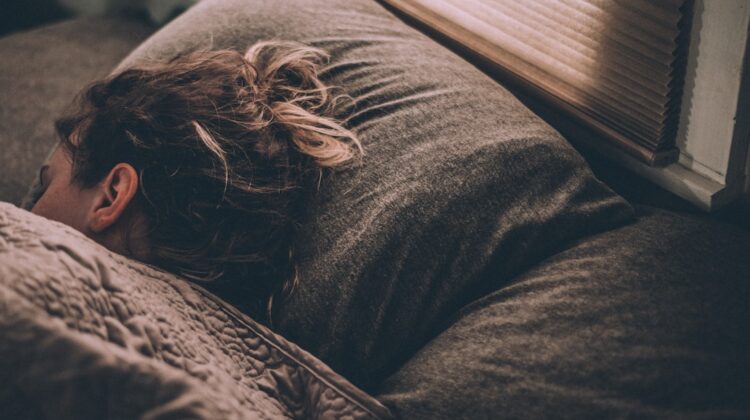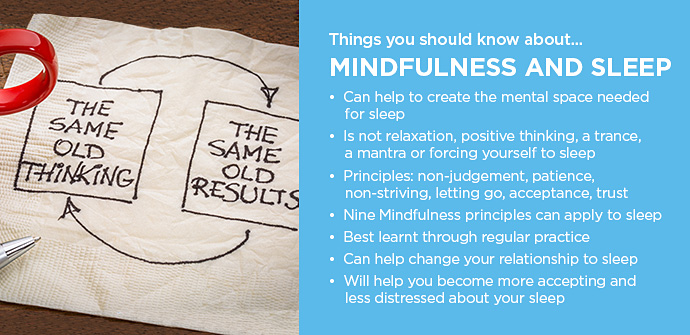
Do you often find yourself struggling to sleep at night? Do you toss and turn trying to get yourself to sleep? Do you want to know how to fall asleep fast?
Don’t worry, there are some simple steps that adults can take to help them drift off into dreamland faster. Want to learn how to fall asleep fast? We’ll cover five key tips in this article to help you have better sleep health.
Table of Contents
Establish a Bedtime Routine and Sleep Schedule
Do you want to learn how to fall asleep fast? Follow these steps. The first step is forging sleep habits through a bedtime routine.
Establishing a bedtime routine is an important part of getting good sleep. Setting a consistent time for going to bed helps your body recognize when it’s time to wind down and get ready for sleep.
Going to bed at the same time each night will help you fall asleep faster and stay asleep longer. To create a sleep schedule, choose an hour that works best for you but try not to vary more than one hour from day to day so that your body can adjust its internal clock accordingly. Make sure you are also allowing yourself enough hours of restful sleep each night (7-9 hours is recommended).
Avoid stimulants like caffeine, nicotine, or sugar before bedtime as they can interfere with the quality of your sleep.
Create a relaxing environment in your bedroom by dimming the lights and using soothing music or white noise if needed. Dim lighting helps signal our brains that it is almost time for rest, while soft music playing in the background can create an atmosphere conducive to relaxation.
Exercise Regularly
Exercise is an important part of a healthy lifestyle and can also help you get better sleep. Regular exercise can improve your quality of sleep and make it easier to fall asleep when not tired.
The best type of exercise for improving your sleep is one that gets your heart rate up but isn’t too strenuous or exhausting. Examples include walking, jogging, swimming, cycling, and yoga.
Find something that works for you and fits into your schedule so that it becomes a regular habit rather than just another chore on the list.
It’s important to give yourself enough time between exercising and going to bed so that you don’t have excess energy keeping you awake when trying to go to sleep. Aiming for at least three hours before bedtime should be sufficient in most cases.
Before bedtime, consider doing low-impact exercises such as stretching or gentle yoga. These activities are preferable to more intense ones like running or weight lifting, which may leave you feeling energized instead of sleepy afterward.
Doing these exercises will help relax both body and mind while allowing time for winding down from the day’s events before getting ready for bed, making falling asleep much easier.
Manage Stress and Anxiety Levels
Managing stress and anxiety levels is essential for your sleep health. Relaxation techniques can help you to unwind before bedtime, allowing your body and mind to rest easier.
Taking a few minutes each night before bed to practice relaxation techniques such as deep breathing, mindfulness meditation, or progressive muscle relaxation can help relax both the body and mind. This will allow you to drift off into a peaceful slumber more easily than if you were stressed out or anxious right before going to bed.

(Source)
Talking to someone about your stress and anxiety levels can also be beneficial in helping you manage them better. Whether it’s speaking with a friend, family member, therapist, or other mental health professionals – discussing what’s causing distress could lead to solutions that make managing these emotions much easier on an ongoing basis.
Lastly, making time for self-care during the day and evening hours will help reduce overall stress levels so that it doesn’t interfere with your sleep quality.
Making sure there are enough breaks throughout the day where one takes care of themselves mentally and physically is key when trying to reduce overall stress levels which in turn helps improve sleep quality at night.
This could include taking short walks outside during lunch break, listening to calming music while doing chores, cooking healthy meals, and others. Allowing yourself some “me time” now and then allows us all to feel refreshed, making falling asleep faster and much easier.
Avoid Eating Late at Night or Drinking Alcohol Before Bedtime
It is important to avoid eating late at night or drinking alcohol before bedtime to improve sleep quality.
Eating a heavy meal close to bedtime can cause indigestion and discomfort, making it difficult to fall asleep. Eating a light dinner several hours before bed will help ensure that your body has time for digestion before you try falling asleep.
If possible, skip dinner altogether and opt for a healthy snack instead such as yogurt with fruit or nuts and seeds. This will help keep your stomach from feeling overly full while also providing enough energy until breakfast the next morning.
Similarly, consuming alcohol too close to bedtime can disrupt the body’s natural sleep cycle and lead to poor quality of sleep.
While having an occasional drink may not be harmful, regularly consuming alcohol close to bedtime can interfere with deep REM sleep cycles resulting in less restful nights overall.
Therefore, it is best to limit yourself to no more than one alcoholic beverage per day, if any at all, when trying to optimize your sleeping patterns.
Get Comfortable in Your Sleep Space
Creating a comfortable sleep space is essential for getting quality rest. Investing in quality bedding and pillows can make all the difference when it comes to achieving deep, restful sleep.
Quality sheets, blankets, and mattress pads are important for providing comfort and support throughout the night. Pillows should be chosen based on your preferred sleeping position. Side-sleepers may need thicker pillows than back or stomach sleepers.
Additionally, keeping the room temperature cooler than normal can help you fall asleep faster and stay asleep longer. If possible, try to keep your bedroom between 60-67 degrees Fahrenheit (15-19 Celsius).
Lastly, using blackout curtains or an eye mask to block out light can also help improve sleep quality by blocking out any external light sources that could disrupt your slumber.
Conclusion: Want to Know How to Fall Asleep Fast?
Want to learn how to fall asleep fast? Let’s summarize what we learned in this article.
It’s important to establish a bedtime routine, exercise regularly, and manage stress and anxiety levels. You should also avoid eating late at night or drinking alcohol before bedtime and get comfortable in your sleep space.
With these tips in mind, you can be sure that you’ll have an easier time falling asleep fast!